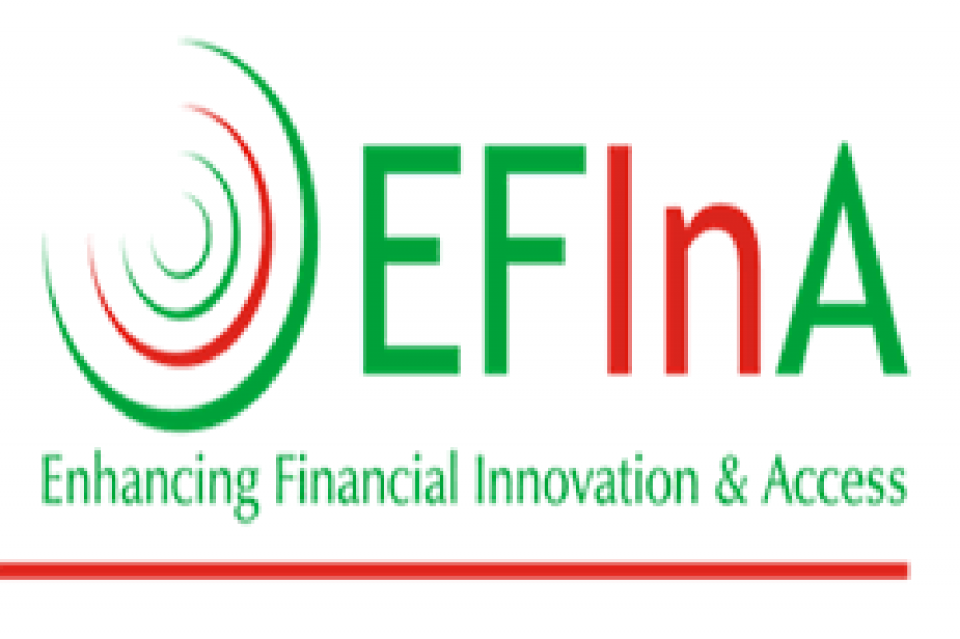Thirty-six per cent of Nigerian adults, or 38 million adults, remained completely financially excluded at the end of 2020, according to a new report.
Enhancing Financial Innovation & Access, in a survey titled ‘New data from EFInA’, said financial inclusion grew, adding that there was a need for more action.
The report was released during a virtual event on Thursday.
Part of the report stated, “Although financial inclusion has grown in the past decade, Nigeria fell short of the National Financial Inclusion Strategy targets for 2020.
“The country had aimed to reach 70 per cent of Nigerians with formal financial services by 2020; the actual figure was 51 per cent.
“The strategy also set targets for overall financial inclusion, which counts Nigerians that use either formal financial services or informal financial services that are not nationally regulated, such as savings groups.
“The overall financial inclusion target was 80 per cent by 2020; EFInA data shows that only 64 per cent of Nigerian adults were financially included by the end of 2020. This means that 36 per cent of Nigerian adults, or 38 million adults, remain completely financially excluded.”
While more Nigerian adults were financially included, the report stated that the National Financial Inclusion Strategy targets were not met.
It stated that growth in digital financial services and agent banking highlighted opportunities to drive faster progress toward financial inclusion, particularly for excluded groups such as women, rural and Northern Nigerians.
In her goodwill message, the Deputy Governor, Financial Systems Stability, Central Bank of Nigeria, Aishah Ahmad, said, “Financial inclusion is a strong lever for bridging income inequality, combating poverty and preserving social harmony.
“The CBN has accordingly been at the forefront of the efforts to drive financial inclusion in Nigeria by championing the development & implementation of Nigeria’s National Financial Inclusion Strategy led by the CBN Governor.”
The Chief Executive Officer, EFInA, Ashley Immanuel, said, “At our current rate of progress, we will not reach the 2020 financial inclusion targets until around 2030.
“However, we can reach these targets much faster if we follow paths taken by other African countries that have seen rapid financial inclusion growth due to mobile money.
“EFInA’s Access to Financial Services in Nigeria surveys show that use of digital financial services and agent networks started to grow significantly between 2018 and 2020.
‘Phone ownership has also increased, with 81 per cent of Nigerians now owning mobile phones.
“Now is the time to build on this initial progress and drive faster financial inclusion growth through digital financial services such as mobile money.”




